- TRADING PLATFORM REVIEWS
- TRADING PLATFORM UK
- BLOG
- CONTACT US
It's no secret that share trading is a popular way to grow your wealth. But with so many platforms to choose from, it can be hard to know which one is right for you. That's why we've put together this guide on choosing the best share trading platform for you. Here are some things to consider when making your decision.

It's no secret that share trading is a popular way to grow your wealth. But with so many platforms to choose from, it can be hard to know which one is right for you. That's why we've put together this guide on choosing the best share trading platform for you. Here are some things to consider when making your decision.

When choosing a share trading platform, it's important to consider your trading style and how often you plan on using the platform. For example, if you are an experienced trader with a high volume of trades per month, it makes sense to go with a premium-level service offering more features. On the other hand, if you're just getting started in stock trading and aren't sure how much time and money you want to dedicate, then plenty of free options are available as well.
It would be best if you also considered how much money you want to invest when looking at brokerages. Some allow micro-trading (smaller buy/sell amounts), while others require larger minimums per trade order. If these limits are too high for what works best for your needs, take note of this factor when comparing platforms; otherwise, there may be better options for someone else but not necessarily perfect ones for YOU!
While commissions are often a percentage of your trade, the actual amount you pay will vary depending on the size of your order.
For example, if you buy or sell £10,000 worth of shares and they are trading at £1 each (i.e., you're buying 1000 shares), then your commission fee is 1% of that value - in this case, £100 per transaction. If, instead, you bought 40 shares for £40 each (i.e., 4 lots), then your commission would be only 0.25%.

If you're looking for a platform that allows you to trade from anywhere, look for web-based and mobile platforms.
These types of trading platforms are great for when you are on the go, as you can use your phone or tablet to trade. You can also check your portfolio from your mobile device if there is no Wi-Fi available. Some platforms offer a mobile app; others don't (though many will have apps available).
In either case, it's important to ensure that the website is optimized for any device so that it displays well and functions smoothly regardless of which screen size or operating system is being used by the user at that time.

Many trading platforms, especially those that cater to beginners, offer a wealth of information in one place. You can access research and news from all over the world on your mobile device or desktop computer.
Charts will show you how an asset's price has moved over time and what other investors are doing with their money. You can also get data on trading volumes and market caps (the total value of all outstanding shares).
In the UK, the minimum deposit required to open an account is £2,000. At that level of investment, you'll be able to trade on a range of share classes and invest in options.
To get started with a small amount of money, you can open an account and start trading with as little as just £20 or £50!
Most brokers also offer discounts on commissions if you're prepared to pay your entire balance at once rather than spread it out over time (known as paying in arrears). This is called "front-end loading".
As a beginner, it is easy to get carried away by the excitement of trading. However, you mustn't underestimate the importance of customer support in making your trading experience a smooth one. Don't just look at the number of people available to help you; look at their quality too. Don't be afraid to ask for help when you need it! If you are not sure about something, ask!

If you trade on a regular basis, it's worth spending some time to figure out what your share trading platform needs are. You might need to be able to access research materials for your trades or have them integrated with other software such as a charting package. If this is the case, then it's best if you can get an app that has these things built in.
Another thing that should influence which share trading platform you use is how much money you will be putting into each trade and how often you plan on investing. Some platforms are better suited for high volumes than others because they offer lower commissions and more liquidity (the ability for investors to buy and sell shares quickly).
When looking for a share trading platform, there are many things to consider. The most important thing is to find one that suits your needs and gives you the features you require.
Once you have found a few that look promising, it's time to compare their fees. Make sure to also check out the customer support experience and take into account the minimum deposit required.
You should also keep in mind that share trading platforms vary widely in the features they offer, so it's worth taking some time to figure out what your needs are before making a final decision.
At Trading Platforms UK, we have done all the research for you and provided an in-depth comparison of some of the most popular and lesser-known trading platforms. We also offer access to news, research, charting and data from around the world so that you can make an informed decision about which platform is right for you. Don't forget to check out our guides on fees, minimum deposits and customer support before making your final choice!






2022 © Copyright Trading Platforms UK

